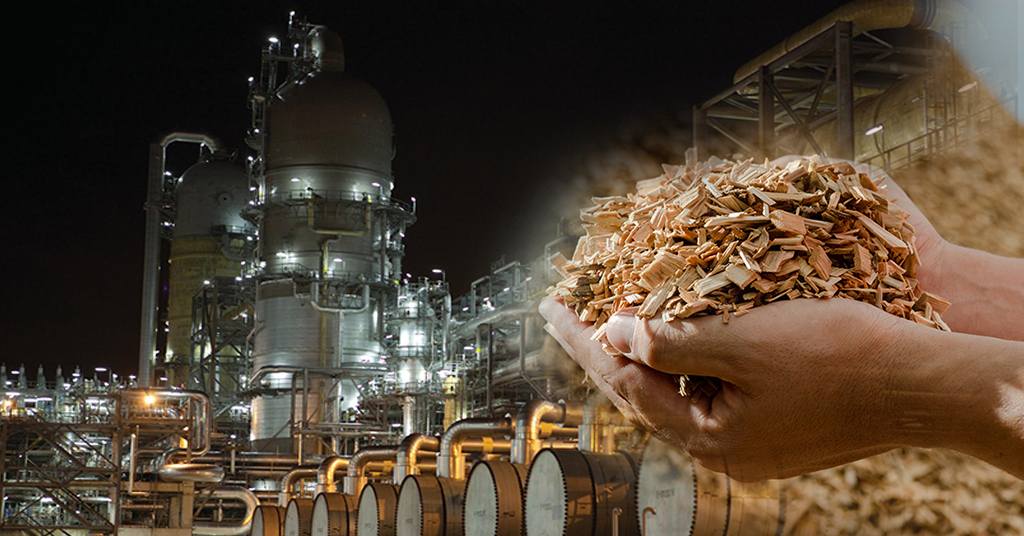Welcome To ChemAnalyst

In January, Bulgaria embarked on a significant shift in its oil import strategy, opting to replace Russian crude with shipments from Kazakhstan, Iraq, and Tunisia. The decision came amid changes in legislation, with the Bulgarian parliament shortening the country's derogation period from the EU-wide ban on Russian crude imports until the start of March. Furthermore, as of January, Bulgaria enacted a ban on the export of fuels produced using Russian oil.
Lukoil Neftochim Burgas, Bulgaria's sole refinery with a substantial daily capacity of 190,000 barrels, has historically relied on Russian crude for its fuel production. However, adapting its equipment to handle non-Russian oil necessitates a substantial investment. Despite being granted derogation until the end of 2024, Bulgaria accelerated the timeline, contributing to a pivotal decision by Lukoil Neftochim Burgas.
Notably, Lukoil Neftochim Burgas opted for diversification in its oil sources, evident in its January imports. The refinery refrained from importing any oil from Russia and instead arranged for two 70,000 metric tonne shipments of Kazakhstan's KEBCO crude, one 76,000 tonne cargo of Basrah Light from Iraq, one 50,000 tonne cargo of CPC Blend, and 33,000 tonnes of oil from Tunisia.
KEBCO, a Kazakh grade with quality comparable to Russian Urals, is expected to be a primary replacement for Russian crude. However, the limited supply of KEBCO and its higher price compared to Urals could potentially impact fuel prices in Bulgaria. The refinery's decision to diversify its oil sources reflects a strategic move to ensure a stable and adaptable supply chain.
The complexities of Lukoil Neftochim Burgas' decision extend beyond the immediate transition in oil sources. In December, Lukoil announced it would reassess its presence in Bulgaria, raising the possibility of selling its business in the country. The decision was attributed to a "significant change in conditions" resulting from the Bulgarian parliament's move in November to ban Russian oil imports starting March 1 of the following year.
Azerbaijan has expressed interest in acquiring the Lukoil Neftochim Burgas refinery, indicating potential changes in ownership dynamics. The interest from Azerbaijan aligns with the ongoing geopolitical shifts in the energy sector and underscores the strategic value of the Bulgarian refinery in the broader regional context.
Bulgaria's decision to replace Russian crude with alternative sources reflects not only economic considerations but also geopolitical and legislative influences. As the country navigates these changes, the impact on fuel prices, energy security, and foreign investment dynamics will be closely observed. The shift also highlights the broader global trend of diversifying energy sources and reducing dependency on specific suppliers, particularly in the context of geopolitical uncertainties.
We use cookies to deliver the best possible experience on our website. To learn more, visit our Privacy Policy. By continuing to use this site or by closing this box, you consent to our use of cookies. More info.
